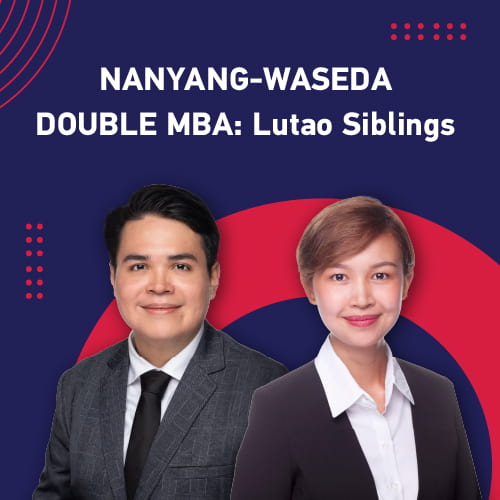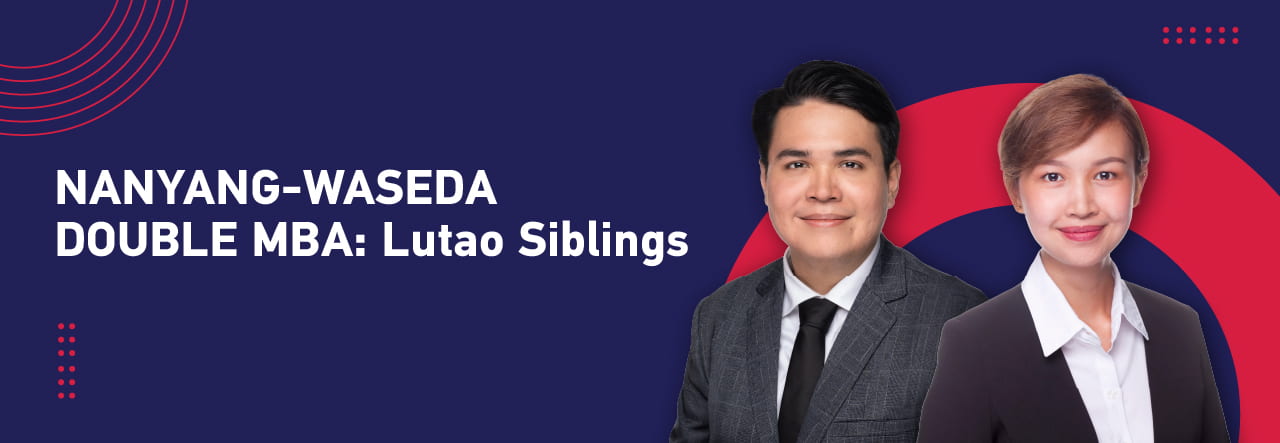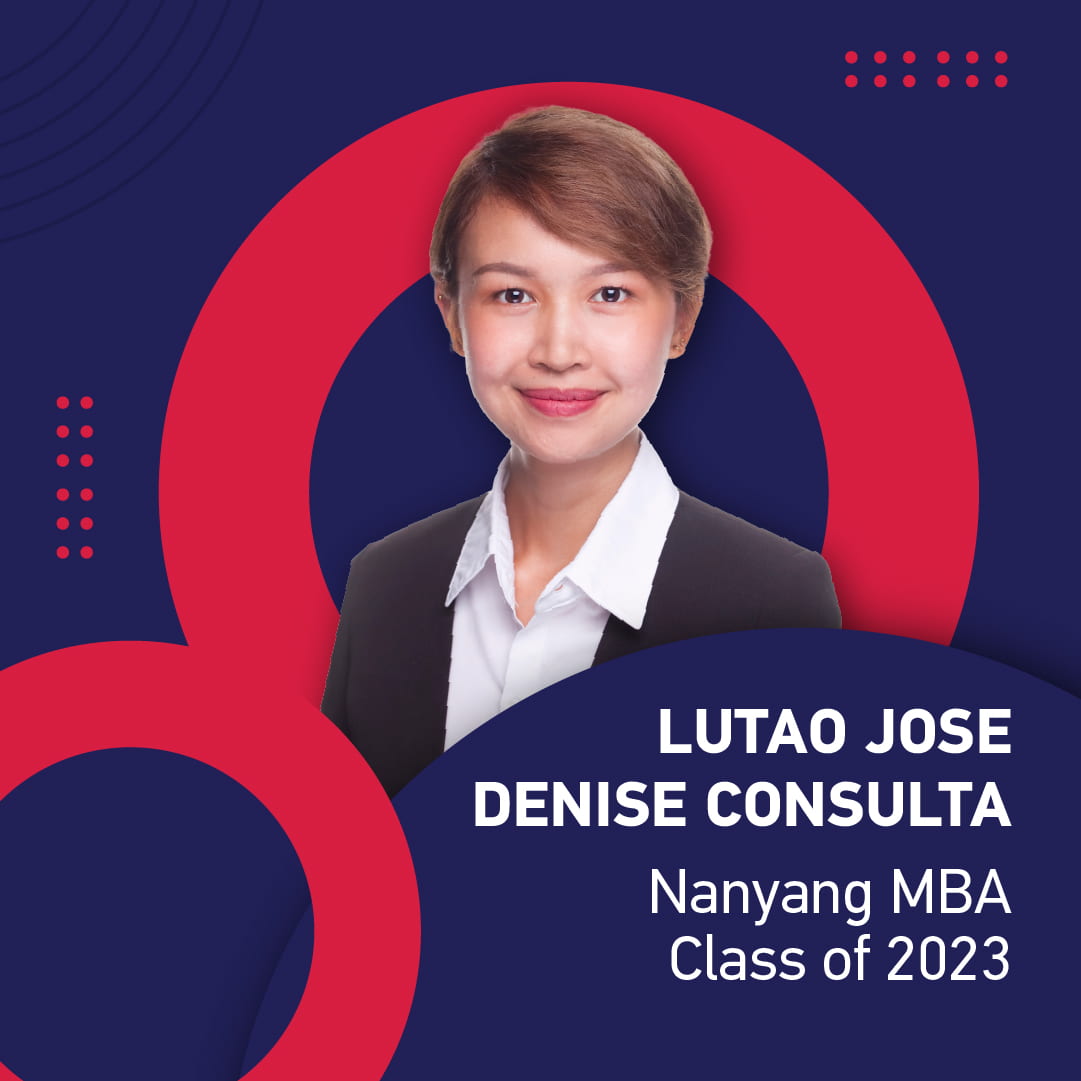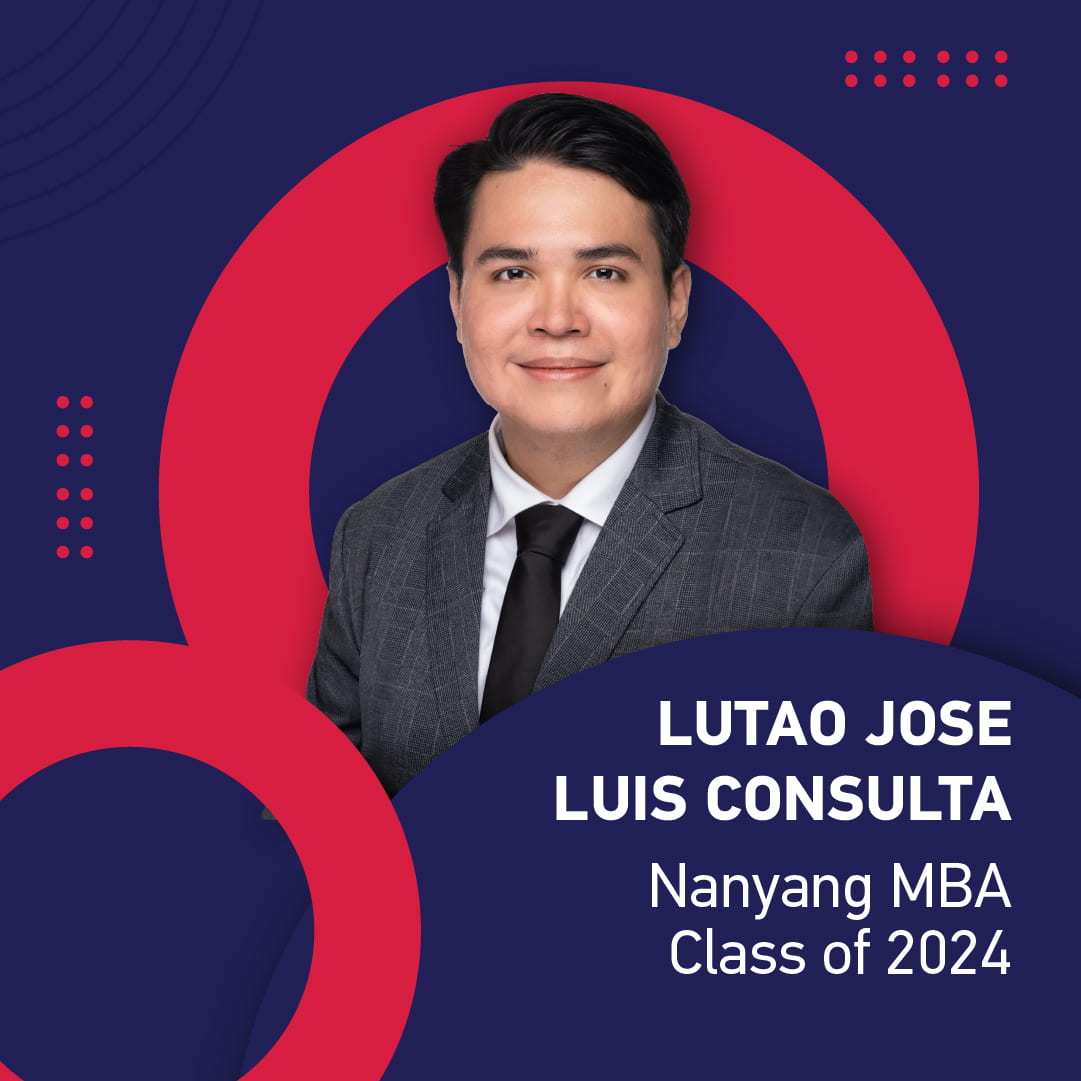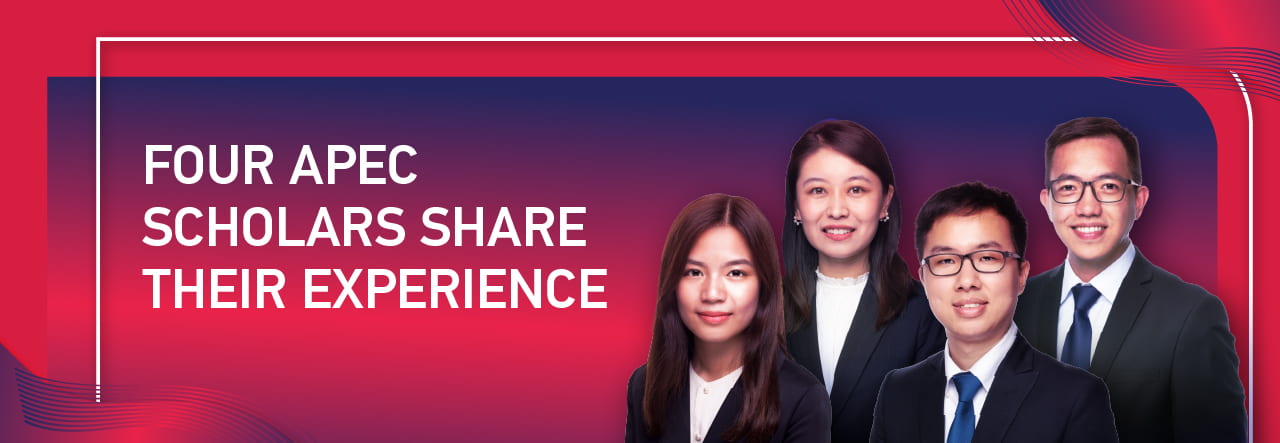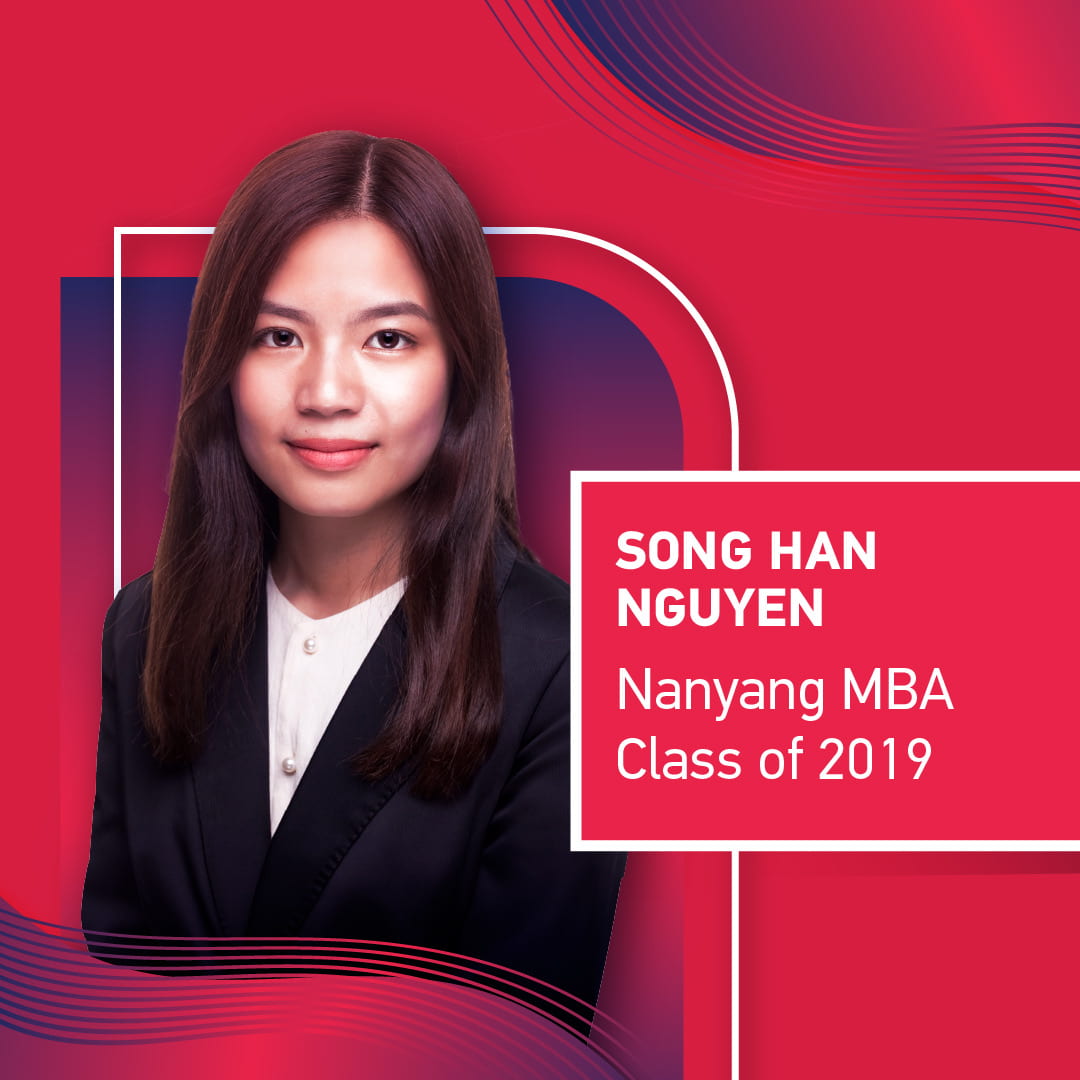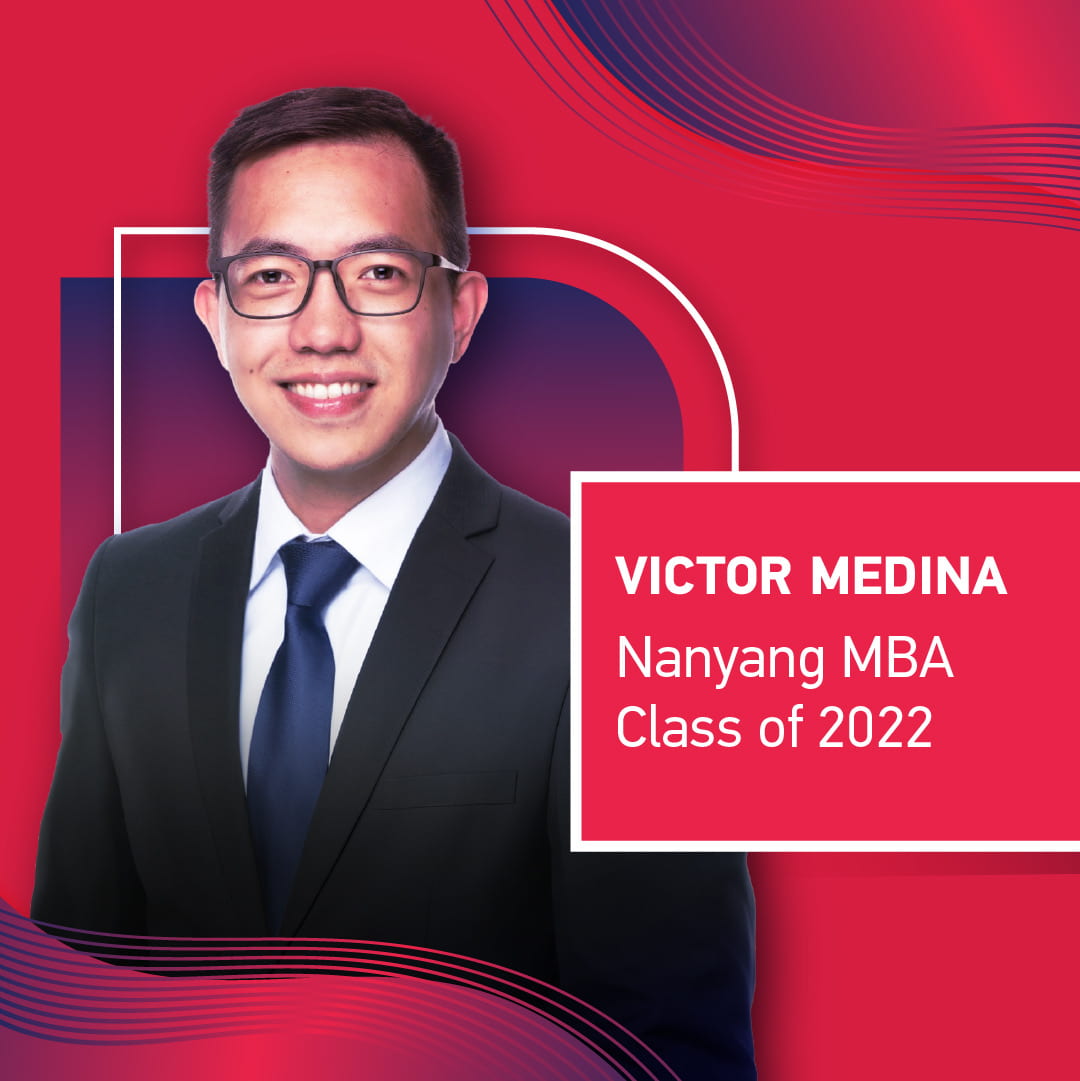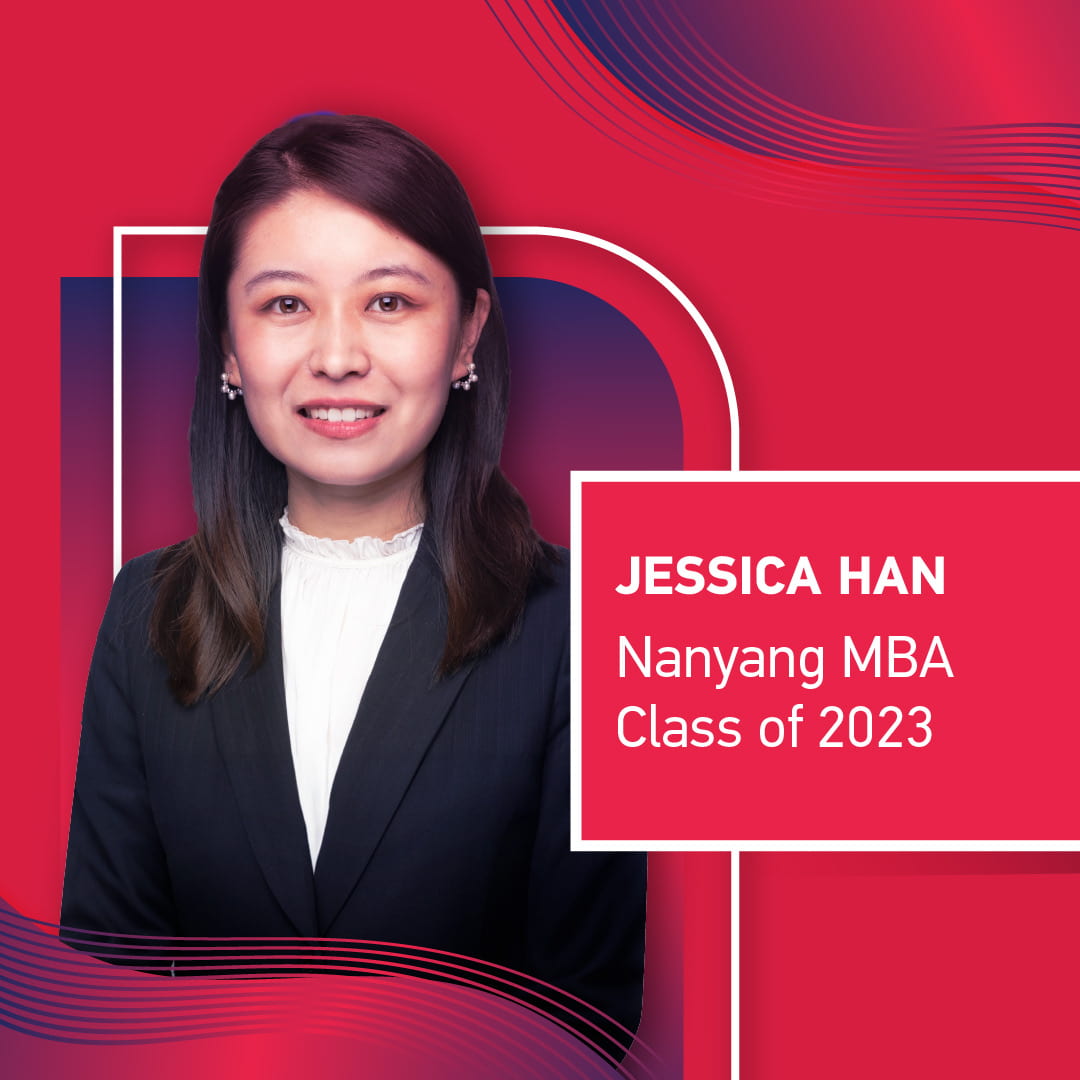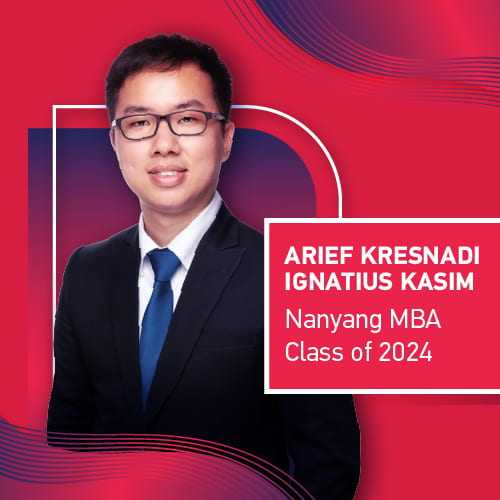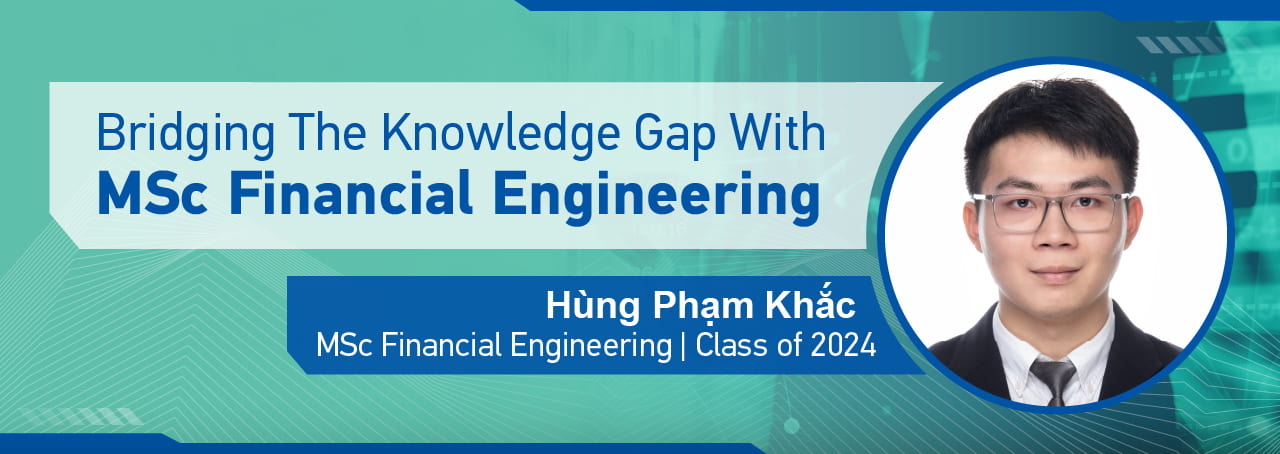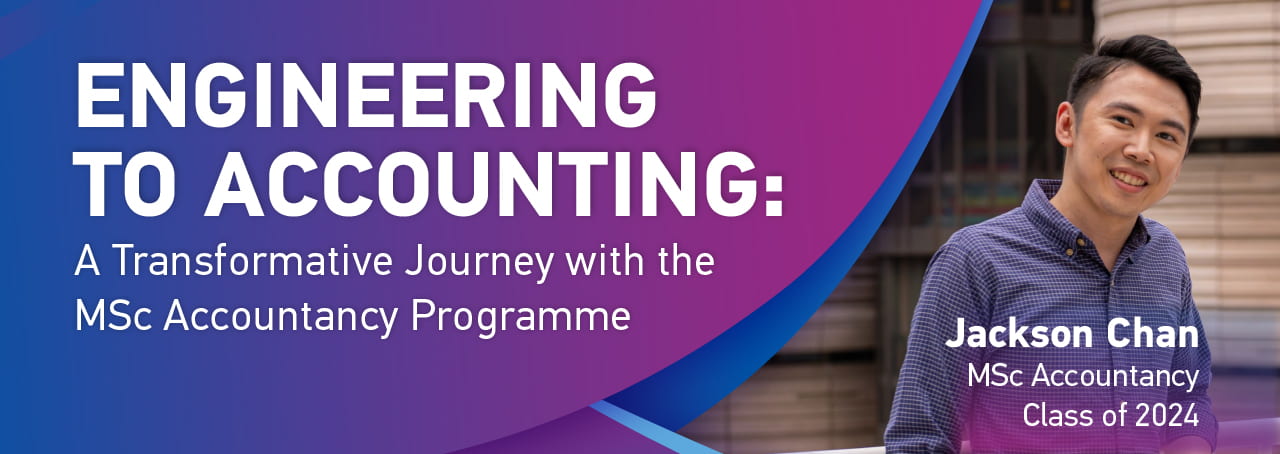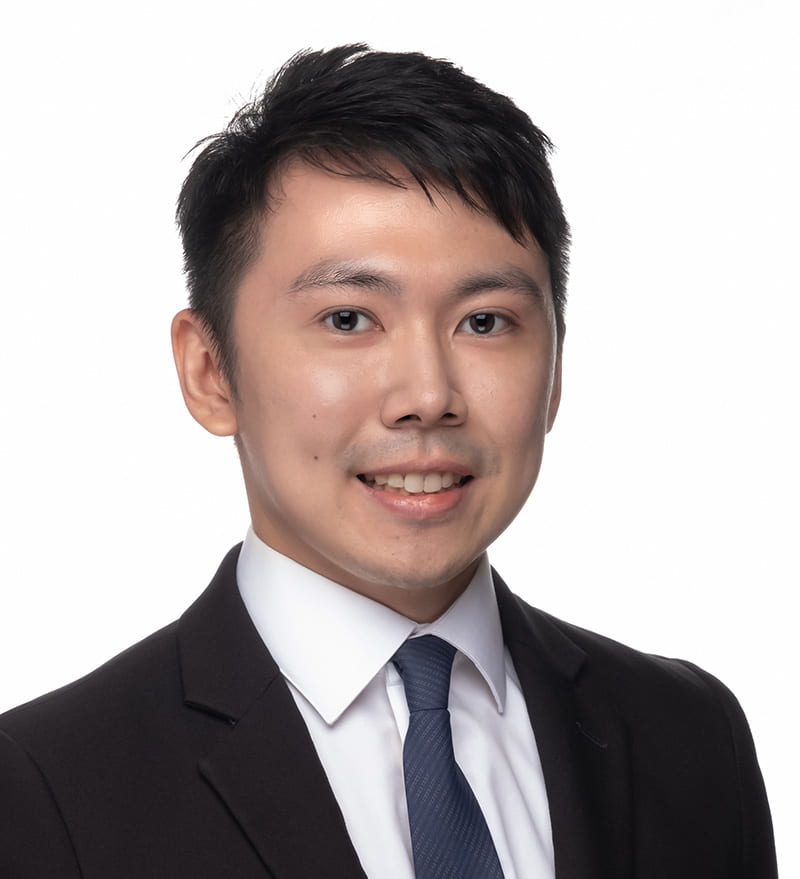
How an MSc Business Analytics Equips a Finance Major for Data Solutions
Graduate Studies Blog

MSC BUSINESS ANALYTICS
How an MSc Business Analytics Equips a Finance Major for Data Solutions
Business analysts have the art of problem-solving down to a science. Turning data into insights to improve products, pinpoint root causes, and reduce inefficiencies – it’s all in a day’s work for a business analyst.
Despite being a finance major, Erick Susantong found himself drawn to the problem-solving possibilities of data analytics. During his undergraduate studies, he was introduced to the basics of data analytics and machine learning and found them fascinating.
“However, these lessons were focused on theory and not implementation,” he explained. “I learnt that I could use certain analytics models to solve certain problems, but I didn’t have the programming skills to actually apply it.”
To explore a career shift toward data analytics, Erick knew he needed to bring his theoretical learning to life and he found a path to achieve this in Nanyang Business School’s (NBS) Specialised Masters (MSc) in Business Analytics programme.
From theory to real-world problem-solving
Like many undergraduates, Erick spent a few summers pursuing internships. In his first stint as an e-commerce intern at an Indonesian startup, he analysed past promotional campaigns to design a promotion plan that would maximise profits. “I saw how analytics could create value for a company,” he said.
As a summer associate at Boston Consulting Group (BCG) in Jakarta, one of his most memorable projects was analysing a client’s past employee safety data using Excel. His insights helped to determine key causes of workplace accidents and where they happened along the production chain.
“Most of these were achieved using Excel and the programming language R. I actually knew of other methods that could further improve my analysis but I just didn’t have the programming skills to perform them,” Erick shared. “This sparked my interest in pursuing a Masters in Business Analytics (MSBA).”
While researching programmes in the region, he noticed something unique about NBS’s curriculum: a data analytics practicum enabling participants to take on a three-month internship in their third trimester. For Erick, this opportunity to gain real-world experience was a game-changer. “I liked that I would be able to apply what I’ve learnt in the industry, and it would be a good stepping stone to a full-time role as well.”
Levelling up his programming skills
Three months into the MSBA programme, Erick felt that the hands-on approach of the curriculum has pushed his programming skills to the next level. “It’s very focused on how to implement analytics models, which is challenging but important since programming is a key skill for data analysts.”
For participants without a programming background, the MSBA programme runs a bootcamp dubbed Programming Essentials before the start of term. Despite having some prior programming basics, Erick admitted that the bootcamp was tough.
“In our final group project, we had to build a basic application to solve a business problem,” he recounted. “My past programming knowledge was more about data analysis and not building software, so that was a challenge. But it was definitely a good learning opportunity.”
Gaining an edge through group work
Transitioning directly from undergraduate to master’s studies, Erick shared that he needed some time to adapt. One significant change was the coursework approach. While his undergraduate experience was heavily exam-focused, he found himself engaging in hands-on group projects and presentations for every module at NBS.
“I’m really enjoying all the group projects now, as I didn’t get the chance to apply what I learnt to solve business problems back in my undergrad,” he shared. “Getting experience with group work will translate well to a real-life work scenario, since I’ll need to collaborate with colleagues on projects and present our results to a supervisor.”
With course mates from around the globe, group work also offered Erick an opportunity to learn from different cultures. “My groupmates often have different ideas and perspectives on things. It helps me to expand my viewpoint, especially when working in Singapore’s multicultural context.”
Another key skillset that Erick hopes to hone is communication, and the MSBA programme provides ample opportunities for this through group work, presentations, and class discussions. “As a business analyst, I’ll need to communicate and explain technical details in an easy way to non-technical colleagues,” he said.
Pulling off a career shift with an MSc Business Analytics
With his drive to improve, it is not surprising that Erick was a recipient of the ASEAN Development Scholarship offered by NBS. Open to citizens of ASEAN member countries outside Singapore, this partial scholarship offsets 40% of tuition fees.
Erick shared two top tips on applying for the scholarship. Firstly, apply early. “You need to apply before the Round 1 deadline to be considered for the scholarship. So if you’re already sure about the programme, get started early.”
Secondly, be strategic when answering the essay questions. “It’s good to elaborate on how this programme can benefit you in your future career,” he suggested. “Think about how your past experiences in your undergraduate studies and internships can improve the quality of your future cohort.”
Looking ahead, Erick has plans to become a business analyst or data analyst in the financial sector – bringing together the best of his finance training and analytics skillsets. For anyone considering a career switch into business analytics like himself, his advice is simple: do your research first.
“Many people think it’s all about creating and implementing models, which might be true for data engineers. But data analysts have to spend a lot of time on cleaning data, which is a tedious task to a lot of people” he said. “Another thing is that business analysts need to communicate with people a lot, as they are the liaison between the business side and IT teams. So it’s not the right fit for those who prefer being behind the computer all the time.”
Finally, Erick’s advice to those without programming knowledge is to start preparing early on. “Though you’ll have a bootcamp, it’s fast-paced and there’s a lot of learning to cram in a very short time. Take some introductory courses in programming to get a headstart!”
The MSc Business Analytics programme equips participants to solve business problems with cutting tools and technologies, enabling you to transform data into value for businesses. Find out more about the MSBA programme here.

